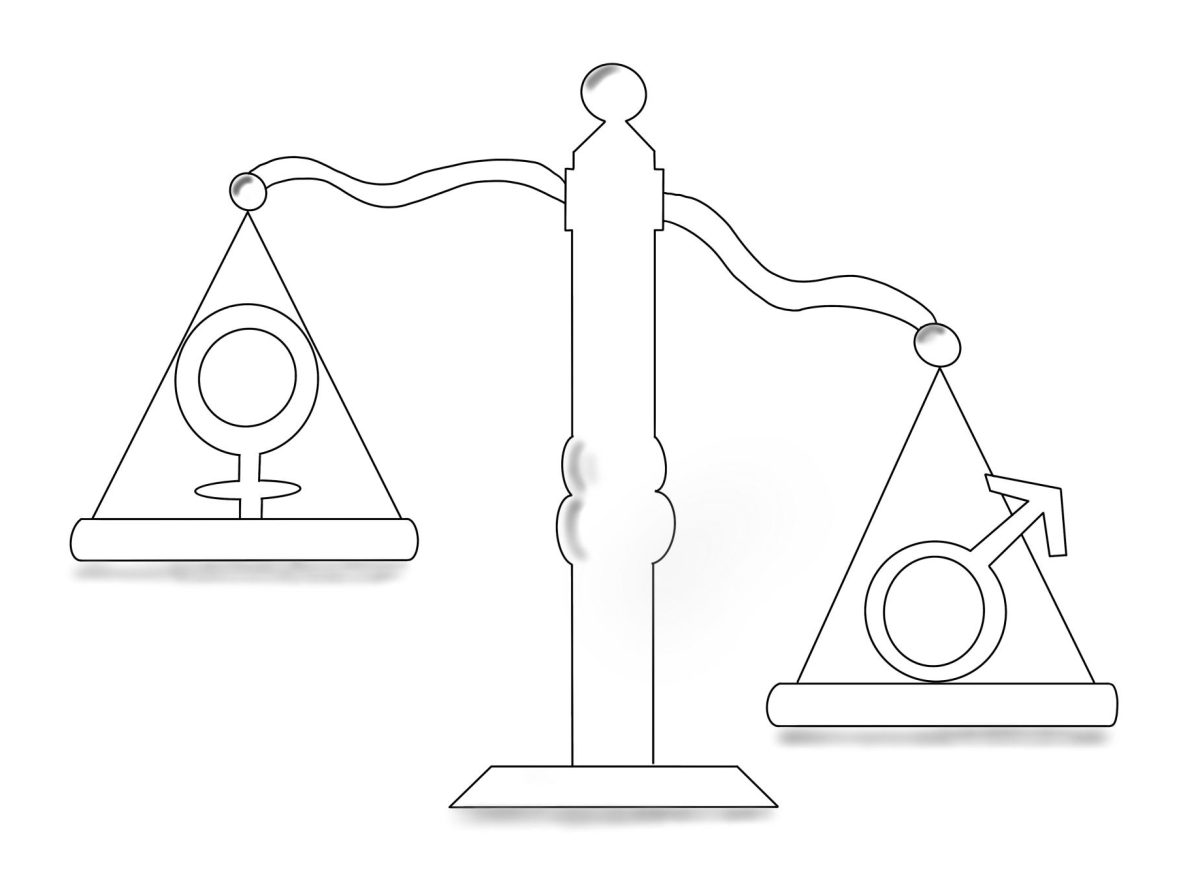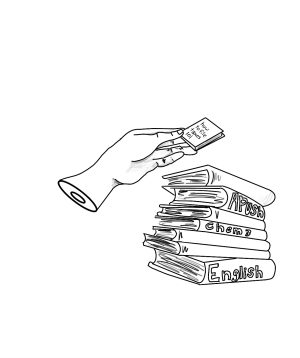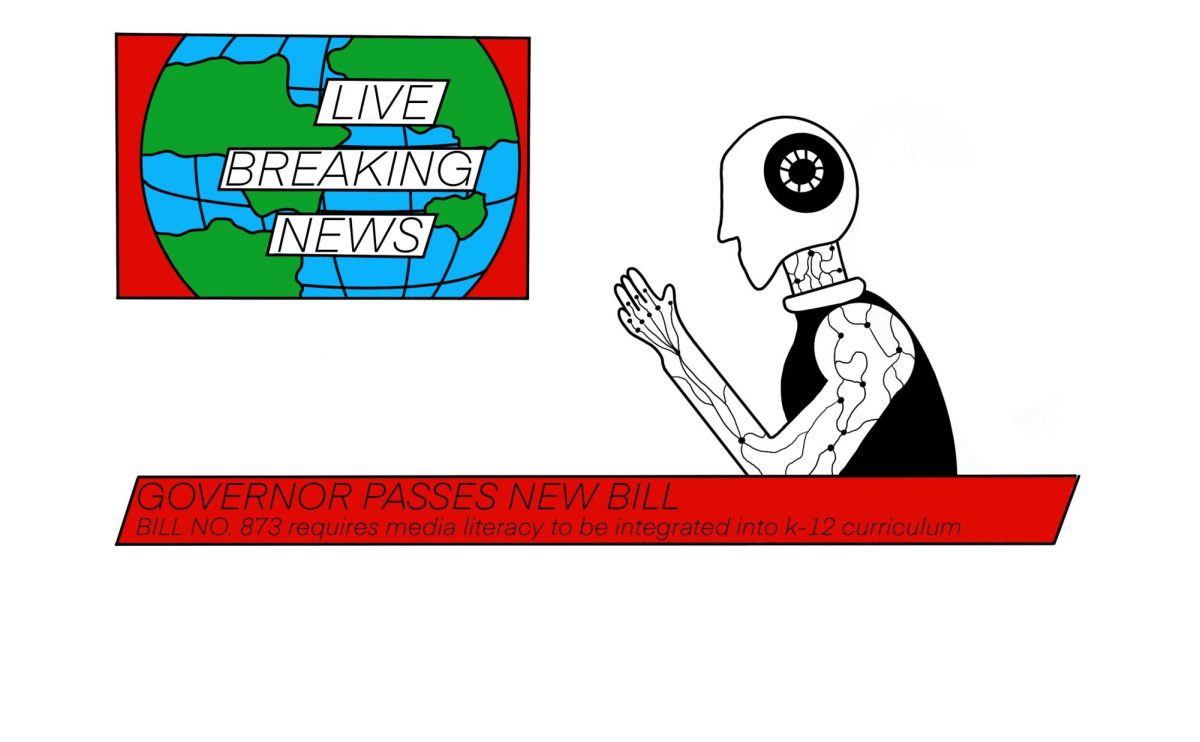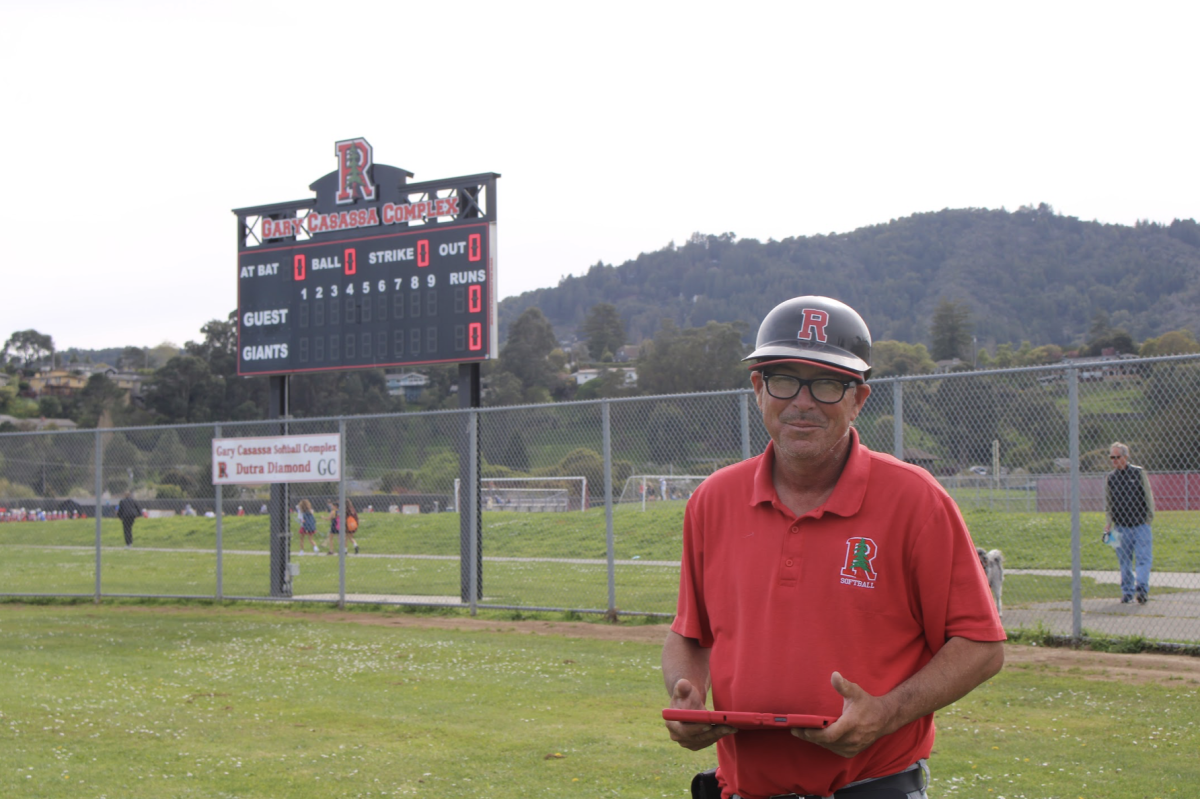Face-to-Face is a feature that allows two members of the Redwood community to grill each other, argue, or simply converse about a relevant issue or event. We provide the topic, and they do the rest. This month’s participants are senior Kenza Salem and junior Max Gerstman. The issue: Should colleges be allowed to view your social media profiles?

Do you think college admissions should be allowed to view your social media profiles like Facebook, Myspace, Twitter, etc.?
Kenza: I think that whatever you’re putting on the internet is fair game. You’re putting it in a public place where colleges, family friends and family members, really anyone can see it.
Max: I don’t they should be able to. A college looking at a high school student’s social page is an invasion of a minors privacy. Even if the applicant is legally an adult, a college shouldn’t look at anything that’s from before their eighteenth birthday.
Is it appropriate or fair for college admissions to judge you based on what you put on your profile?
KS: Yes. If you make the decision to post a picture of you doing something illegal, not only are you obviously doing something illegal, you’re making a persona of yourself that maybe colleges wouldn’t approve of -with good reason!
MG: But most people’s Facebooks go back to middle school. That means a college looking at your facebook page is able to judge you on a stupid status you made when you were 14? That’s ridiculous. If you’ve worked hard in school for four years, why should a post from years back prevent you from getting into the college of your choice?
KS: The things you decide to put on the internet directly originates from your judgment. If it’s a picture of you winning some championship they should be able to recognize you and that you’re an good athlete and therefore can manage your time well, you’re dedicated, motivated and focused.
Is it bad practice for students to post illegal or illicit behavior online?
KS: Well I just don’t understand what benefits you receive from posting these pictures. Obviously you had a fun night. Okay great. Do you feel the need to tell everyone about it? Especially on a public forum. It just seems a little pathetic.
MG: Well of course its bad practice. It’s blatantly idiotic. But a person posting their illicit activity on Facebook isn’t necessarily doing more CRIME than a person who doesn’t. Colleges can access legal records which have citations of any crimes a student has committed.
Even if the content is blurred or covered up (for example, if someone posts a picture of a student holding a blurred beer can)?
KS: The blurred concept makes absolutely no sense to me. Like, do you think the viewer isn’t going to notice a massive blur in the picture? From an outside perspective what else could the blur be possibly be? You would only blur something you don’t want people to see. In which case, why post it?
MG: The blurring obviously doesn’t work, but I guess I think it’s wrong for an admissions board member that’s never met you to assume that the blurred logo on the can or bottle you’re holding is an illegal substance for minors.
Should students (who are minors) be responsible for their image and the way they are perceived online?
KS: Yes, their online profile is just that, a profile of you as a person. People who post a picture of themselves spray painting a school wall, that’s evidence against them. It doesn’t seem like the people’s colleges want would be spray painting walls.
MG: But I don’t think a student’s information should become public until their eighteenth birthday. Minors don’t have the same rights as adults but that’s exchanged for our protection. So a minor shouldn’t be held responsible for activities, like spray painting, as an adult should.
What repercussions should students face for posting illegal activities on their social profile?
KS: Depending on the offense and who sees it. For example, a dean of admissions sees a picture of a promising candidate who wants to attend his school spray painting some profane words on the wall of their high school. I think the dean should talk to the student and allow him or her a chance to explain themselves. Depending on the explanation, the dean then has the decision to deny or allow their admission into the school.
MG: As long as a student is not caught or arrested doing illegal activity, they should be left alone.
How private should students make their profiles?
KS: I think that is entirely up to whoever’s profile it is.
MG: I’d say as private as they can. Probably so a non-friend or follower can only see a name and picture to identify who you are.























